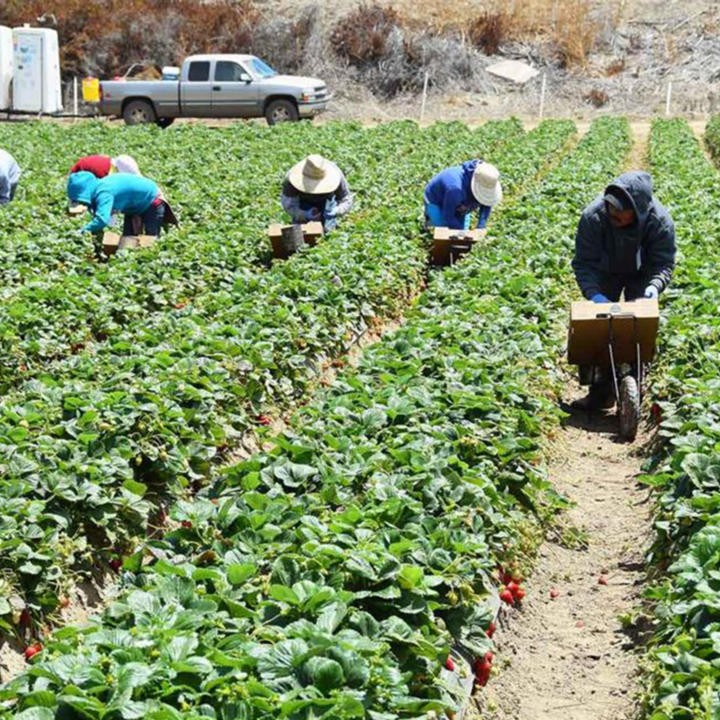Accelerate Action on Farmers’ Income
Agriculture workers and dependents make up two-thirds of the 740 million people facing extreme poverty. With their global reach, companies have an important role to play in fostering better and more resilient livelihoods for employees and supply chain workers. Ensuring both direct employees and the wider supply chain workforce can afford a minimum decent standard of living is an imperative for corporates. Responsible procurement, engagement with suppliers and farmers, and living income metrics can support businesses in delivering SDG1 No Poverty and SDG 8 Decent Work and Economic Growth. Additionally, it can help them build stronger supply chains and meet rising expectations of stakeholders and shareholders, who are increasingly attentive to workforce issues brought to their attention by campaigns such as the Workforce Disclosure Initiative.
The challenge
The Food and Agriculture Organization of the United Nations estimates that the existing 600+ million family farms in the world produce approximately 80% of the global food supply’s value. The reliance of some agribusinesses – for instance, those depending on raw materials such as cocoa, coffee and vanilla, amongst others – on smallholder farmers gives them the opportunity, and responsibility, to promote better livelihoods for all actors in their value chains. As climate change threatens crop production and consumers’ demand for localized production increases, building trust-based, long-term supplier relationships becomes instrumental in creating agile and resilient supply chains. Monitoring global, multi-tier value chains spanning multiple jurisdictions far removed from the headquarters requires data, transparency, and investments.
The business case
The agribusiness sector is uniquely positioned to reach rural agricultural workers and take action to improve livelihoods through a variety of partnerships and initiatives. Consumers are increasingly demanding more inclusive procurement and better labor employment practices. Living wage and living income certifications can enhance a company’s reputation. By investing in their supply chains, companies can not only support decent standards of living and comply with international frameworks such as the UN Guiding Principles on Human Rights, but they can also guarantee an economically viable source of income, thereby limiting their own exposure to reduced-supply risks deriving from farmers’ pursuits of more profitable opportunities.
The solution
The Equitable Livelihoods project works to accelerate action to improve farmers’ income, notably through the development of a Responsible Procurement Framework as well as a Living Income Business Toolkit. The development of these tools – in partnership with IDH and the Farmer Income Lab – will support private sector actors in stepping up their efforts to promote living incomes and wages, by providing best practice examples and peer learning opportunities, and by outlining clear steps to engage with suppliers and farmers.

